How are city administrations responding to the COVID-19 pandemic? And how might cities change as a result of the coronavirus?
Australia’s major cities have felt the full force of the health and economic crises brought on by the COVID-19 pandemic. It has challenged the assumptions of city officials towards the services they provide to the community, the way people interact within cities, and has come at significant financial cost to local governments.
Two recent interviews provide different perspectives on the impacts of COVID-19 to the cities and communities of Adelaide and Melbourne.
The first interview with Mark Goldstone — Chief Executive Officer with the City of Adelaide — was part of IPAA South Australia’s Virtual on the Couch series.
The second interview with Andrew Wear — Director of Economic Development at the City of Melbourne and author — was for the IPAA Victoria Public Sector Perspectives podcast.
In this article available through the IPAA National website we explore the unique experience of COVID-19 from the perspective of two different capital city councils. Read the full article here.
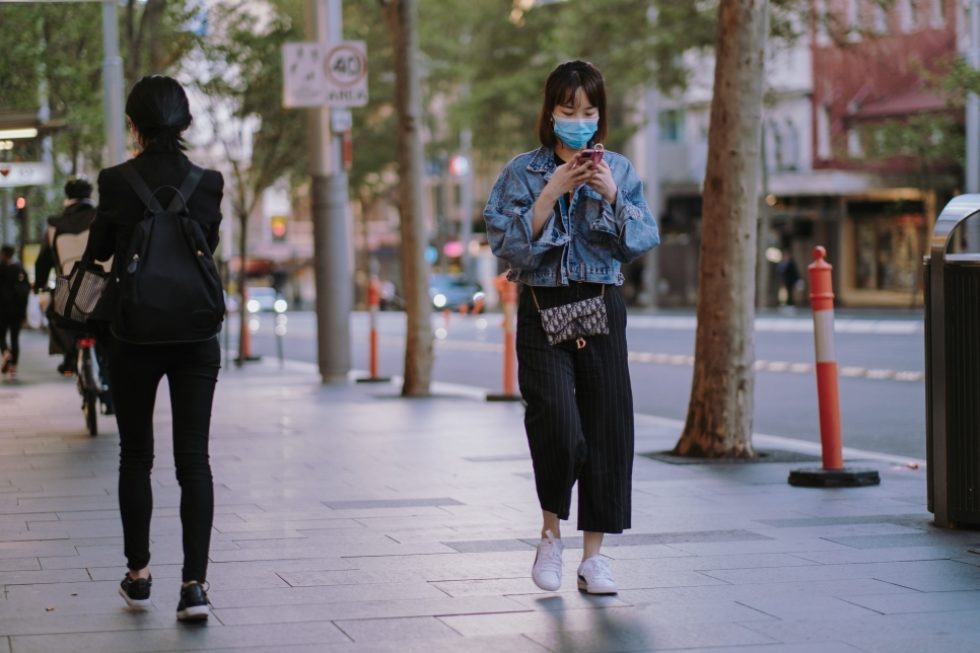
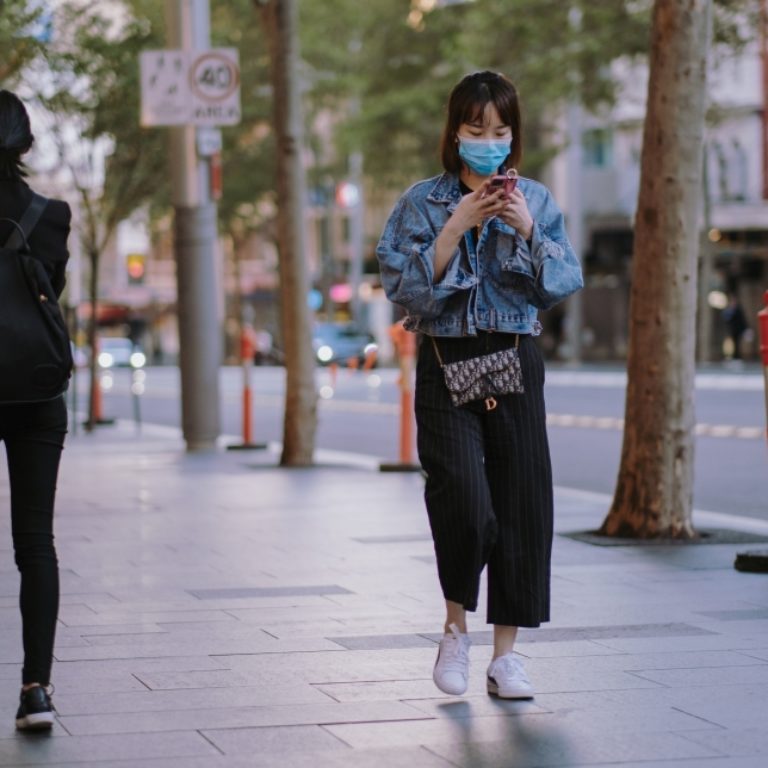
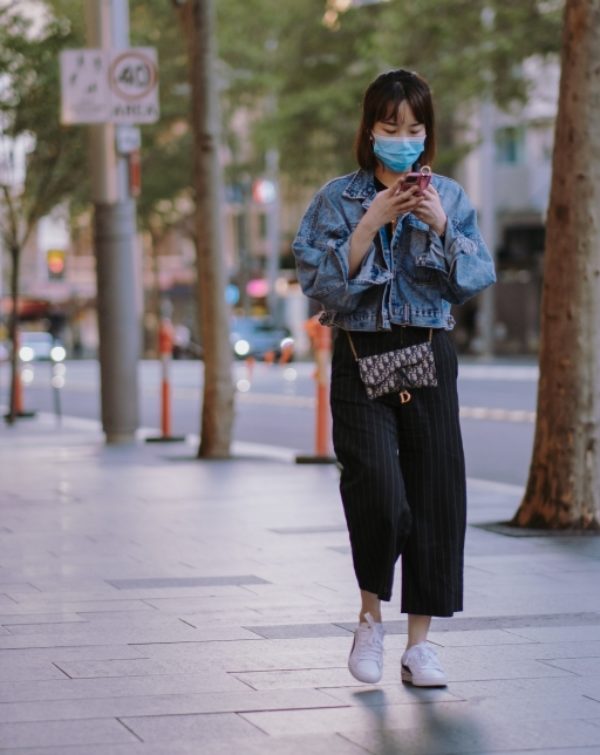
With the recent ease of some restrictions in SA, we have been working with our Divisional Council and stakeholders to map the path forward for the institute. As always, the wellbeing of our staff, facilitators, and members is of the utmost importance to us.
We would like to thank all our members for their commitment and contributions during this time and look forward to embedding all that we have learnt from this experience to continue working to improve the standing of the public sector in South Australia.
Kind Regards,
Renae Haese
Executive Director
IPAA SA
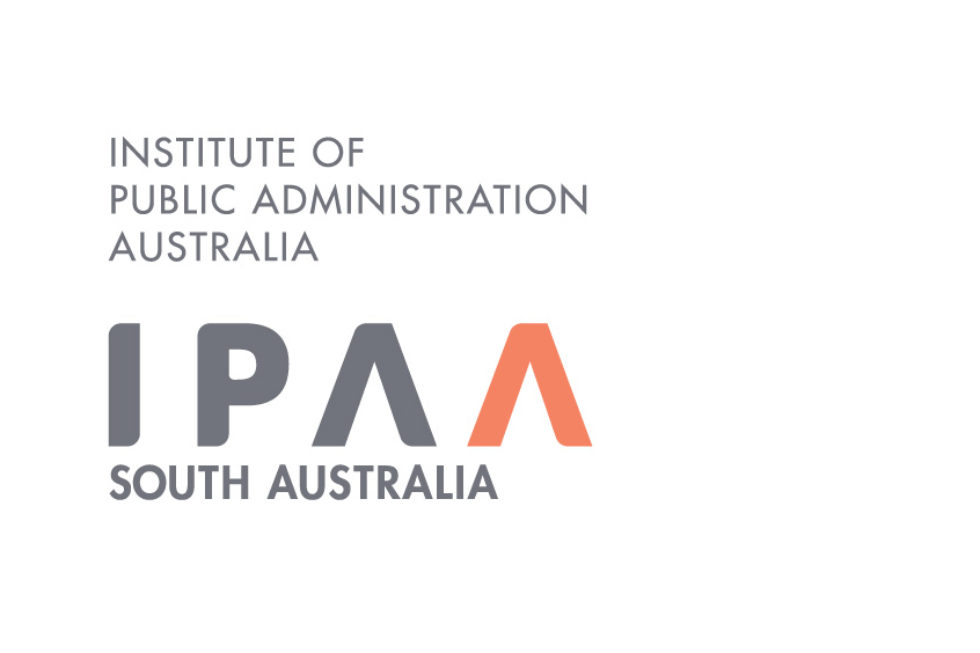
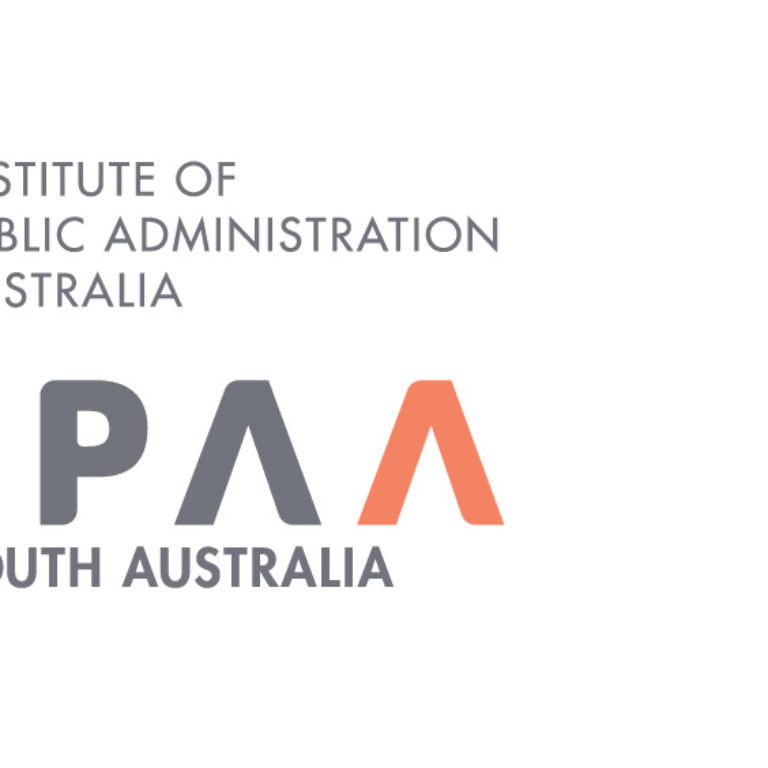
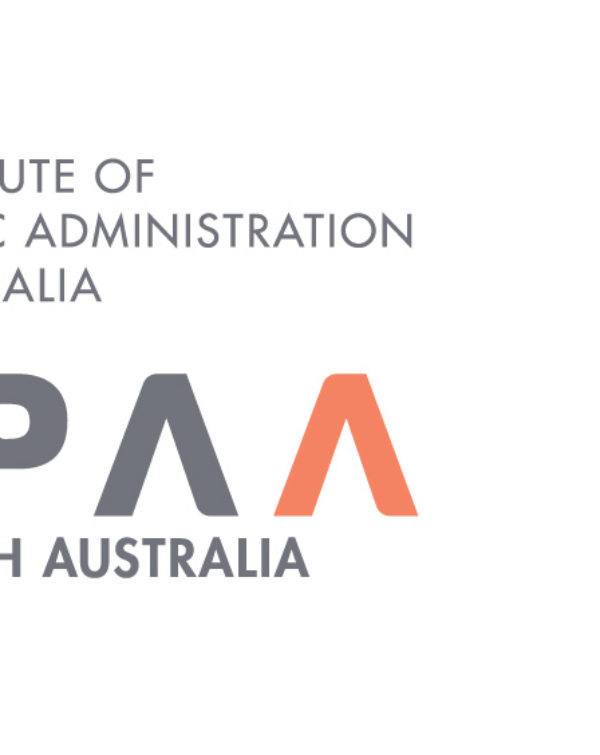
Forensic Psychologist, Luke Broomhall joins us in the latest instalment of the COVID-19 Wellbeing – Interview Series. Mr Broomhall shares his tips and advice for leaders, managers and team members on how they can look after their own mental health and that of others.
Mr Broomhall urges us to look out for behaviours that sit outside the norm for that person, such as bouts of tearfulness, withdrawal, or anger. If so be prepared to sit down and open up a conversation with this person on the behaviours, you have noticed.
You might like to start the conversation by saying…
“ [Name} I have noticed lately that you seem a bit more [describe the behaviour e.g. withdrawn and quiet] and [these goals or items haven’t been met] and I’m a bit concerned about you and I just want to know if you’re okay and if there’s anything I can do?”
The role of the manager or leader when handling the response to this question is to have a human response grounded in empathy, but to also understand what they can and can’t control, and in turn to provide resources for the individual to access that will support them. When you encounter a strong emotional response from an individual you can respond to them as described below:
“I understand you are feeling this way, tell me more about your experiences and what you are going through at the moment”
In the transition back into the physical workplace there are several measures and tips that leaders and managers can employ to ease people into the ‘new normal’ of post-COVID-19 work.
We all want to be able to help and support our friends and colleagues when we can see they may be experiencing mental distress. Mr Broomhall shares that we can all take an active role in checking in with others during this time, but firstly you must:

If you have had a chance to view this interview, please provide your thoughts here.
Forensic Psychologist, Luke Broomhall joins us in the latest instalment of the COVID-19 Wellbeing – Interview Series. Mr Broomhall shares his tips and advice for leaders, managers and team members on how they can look after their own mental health and that of others.
Mr Broomhall urges us to look out for behaviours that sit outside the norm for that person, such as bouts of tearfulness, withdrawal, or anger. If so be prepared to sit down and open up a conversation with this person on the behaviours, you have noticed.
You might like to start the conversation by saying…
“ [Name} I have noticed lately that you seem a bit more [describe the behaviour e.g. withdrawn and quiet] and [these goals or items haven’t been met] and I’m a bit concerned about you and I just want to know if you’re okay and if there’s anything I can do?”
The role of the manager or leader when handling the response to this question is to have a human response grounded in empathy, but to also understand what they can and can’t control, and in turn to provide resources for the individual to access that will support them. When you encounter a strong emotional response from an individual you can respond to them as described below:
“I understand you are feeling this way, tell me more about your experiences and what you are going through at the moment”
In the transition back into the physical workplace there are several measures and tips that leaders and managers can employ to ease people into the ‘new normal’ of post-COVID-19 work.
We all want to be able to help and support our friends and colleagues when we can see they may be experiencing mental distress. Mr Broomhall shares that we can all take an active role in checking in with others during this time, but firstly you must:
If you have had a chance to view this interview, please provide your thoughts here.
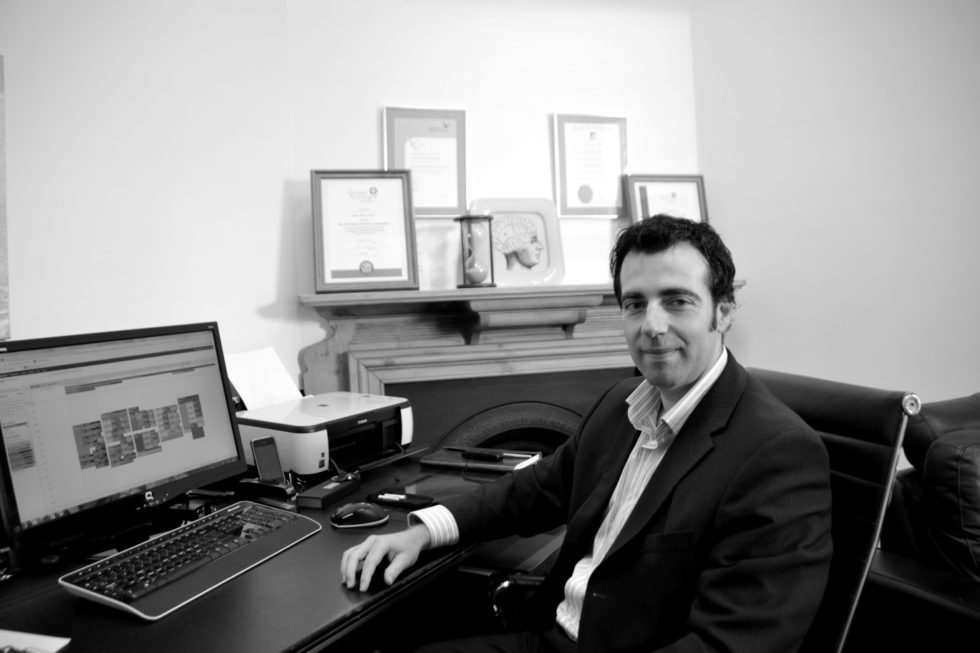
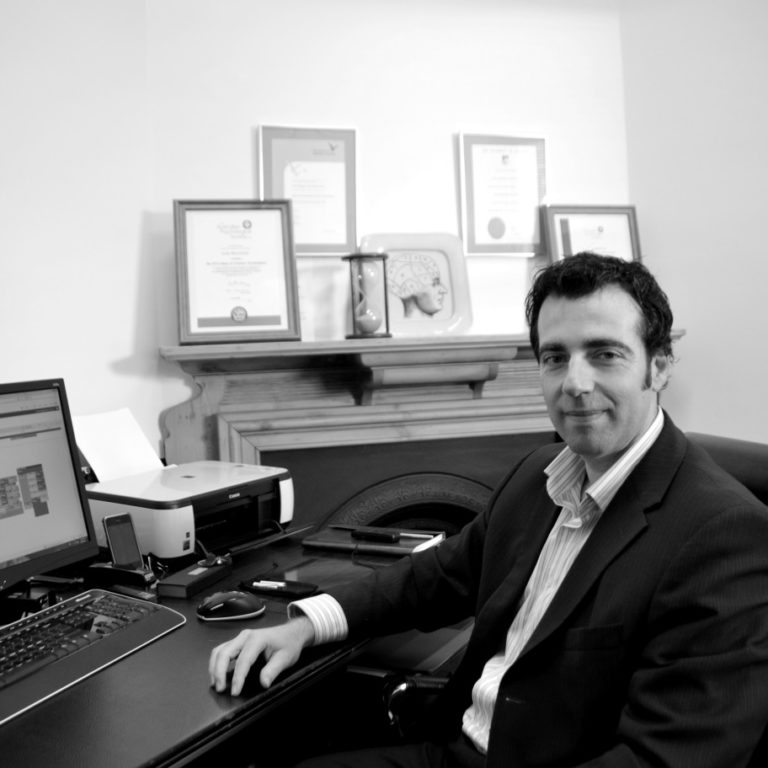
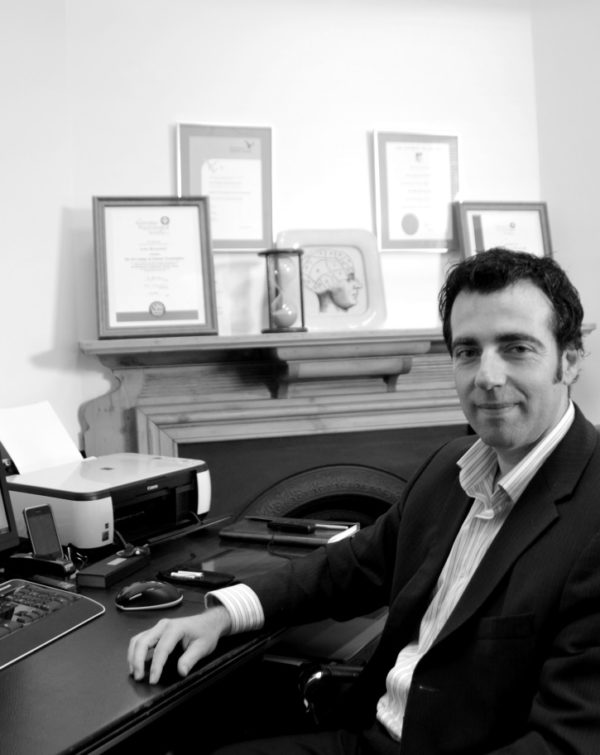
The Australian and New Zealand School of Government (ANZSOG) will be presenting a three-part webinar series on ‘Leading People Through Disruption’, beginning on 25 August 2020.
The series will be presented by Dr Jo Cribb — one of the youngest people ever appointed as a chief executive in the New Zealand public service in 2012. Her work has focused on advancing the cause of vulnerable in society, spearheading some of the most difficult issues of our time, including child abuse, child poverty, family violence and vulnerable women.
The webinar series will give participants insights into how to make decisions during a time of crisis and maintain an inclusive and positive style of leadership.
Dr Cribb said that effective leaders created change in a values-based way, and the best were able to empower their staff and admit the limits of their own knowledge and ability.
‘Leadership is about mobilisation, bringing people together and making things better than they were before. You can have that influence at every level and everyone can be part of the leadership team’.
Dr Cribb also said that organisations were too complex and the problems that they had to deal with were too difficult for one person to have all the answers. Leaders needed to be honest and admit they don’t know everything —something particular true in the context of the COVID-19 crisis.
‘It is really important for authorities to be honest about what they don’t know when they communicate with the public.
This has been the experience in New Zealand and it has actually strengthened trust in government. We have been able to communicate really complex judgement-based policies and do so effectively.’
The first webinar will focus on leading people through disruption (25 August 2020).
The second webinar will explore what it means to be an inclusive leader under pressure (3 September 2020).
And the third webinar will look at ways to build an inclusive culture during crises (17 September 2020).
Those interested in participating in this series can register on the ANZSOG website.
Author: Frank Exon, Executive Director, IPAA National
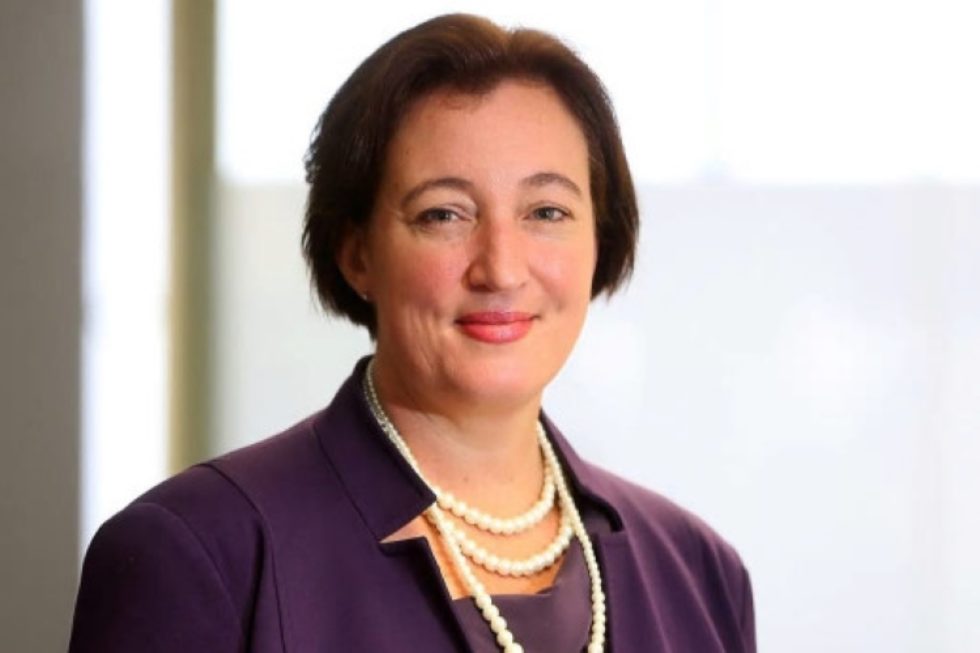
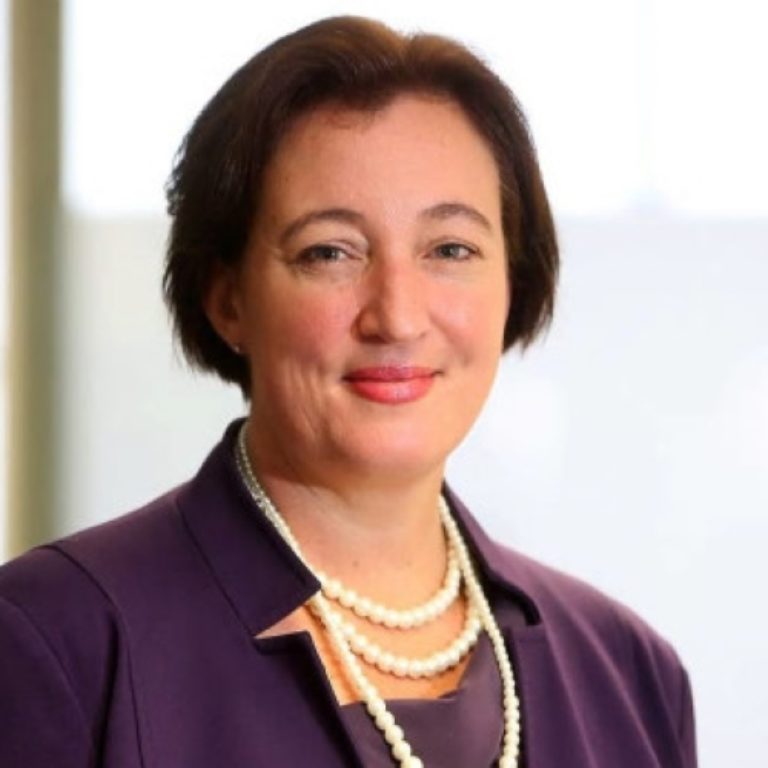
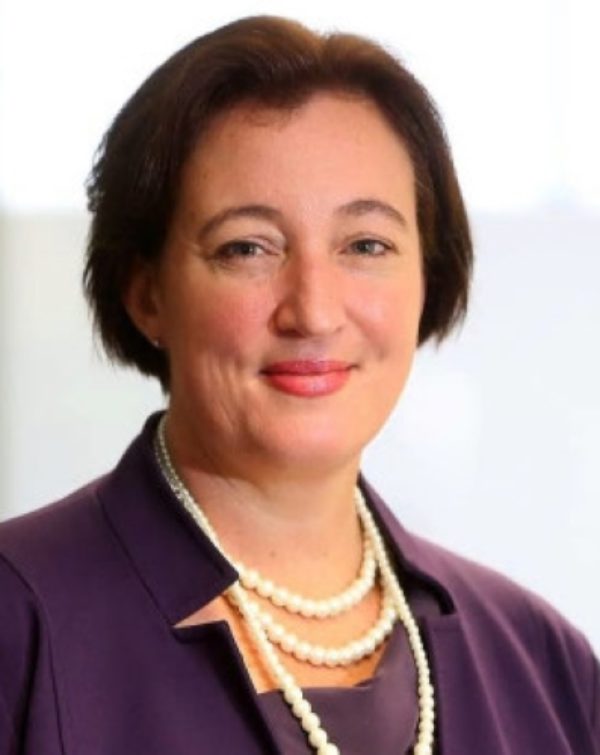
For Chief Executive, Department for Health and Wellbeing, Dr Chris McGowan, the pandemic response has been a showcase of collaboration and innovation. In this Virtual on the Couch interview, Dr Chris McGowan discussed how his department structured their response to the COVID-19 pandemic by identifying 6 streams of work to achieve their 3 goals being “Flatten the Curve, Optimise the Public Health System and Keep Public Confidence”. Dr McGowan was interviewed by Tricia Tebbutt, Partner, PwC, where they explored Dr McGowan’s insights into the pandemic and responded to questions from the IPAA SA community and broader public sector.
Questions to Dr McGowan included…
As highlighted by Dr McGowan, support for emerging and developing leaders is essential. Learning and capability development is an important steppingstone in the leadership journey, providing the opportunity for self-reflection and growth. If you would like to learn more about leadership training opportunities are available both through the South Australian Leadership Academy and IPAA SA.
If you have watched this interview please feel free to leave your feedback and comments here.
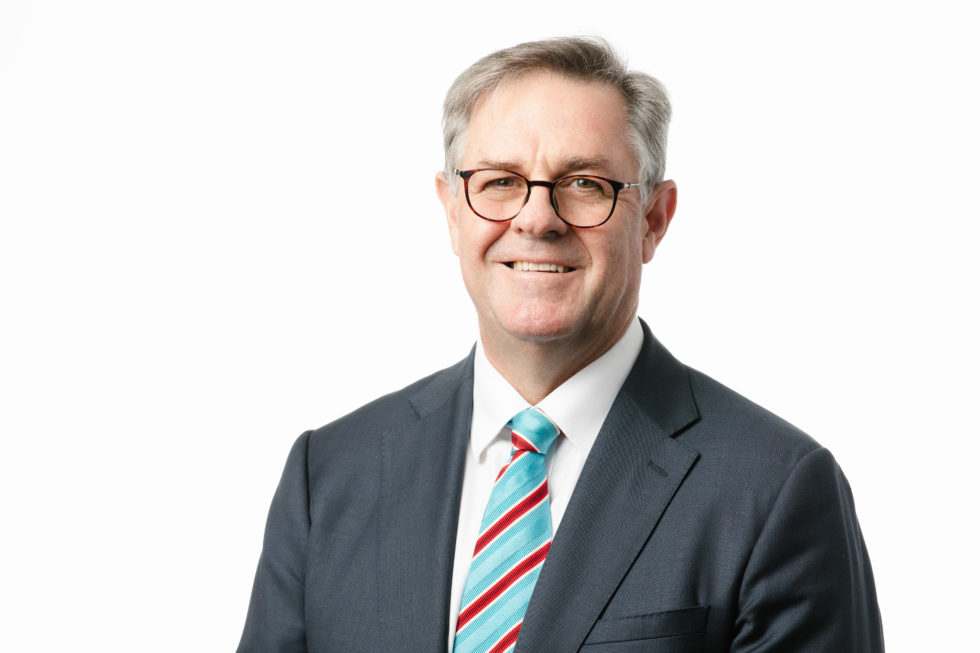
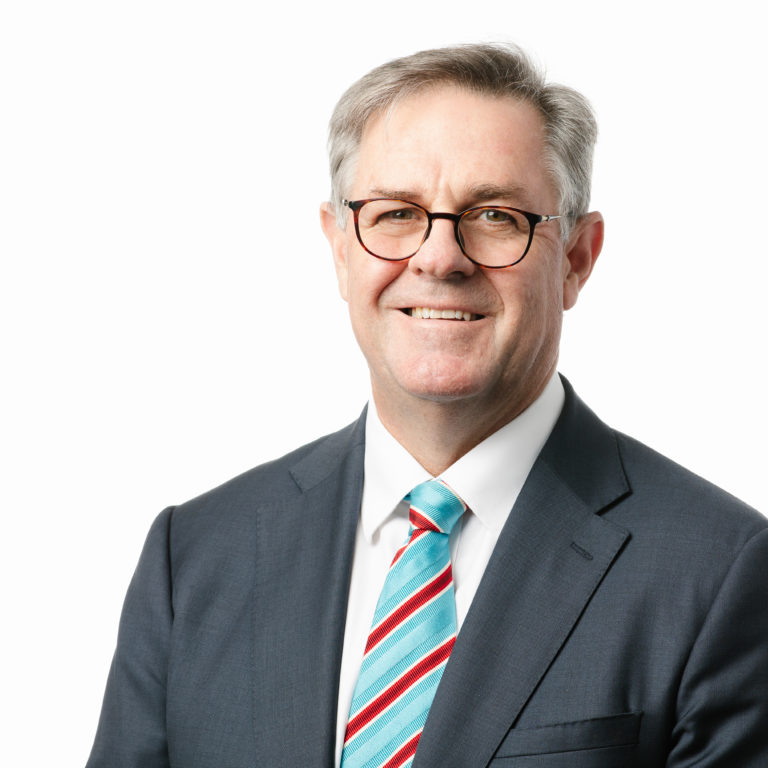
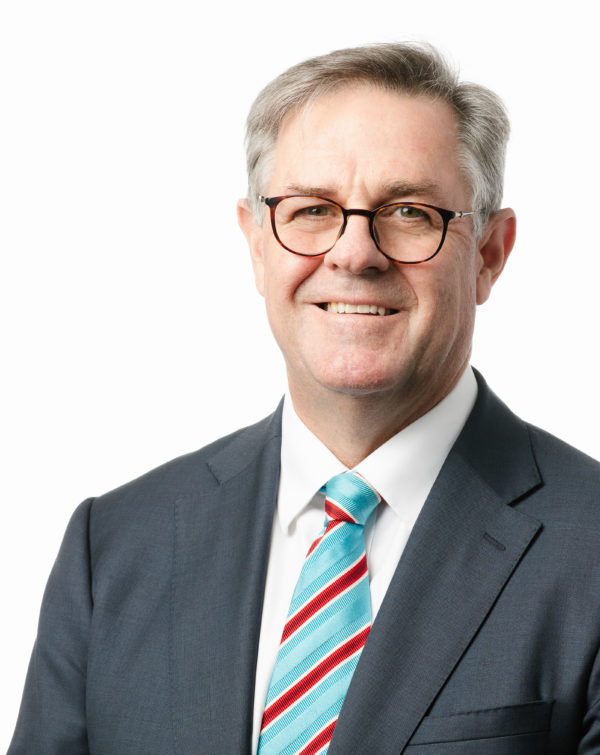
For Chief Executive, Department for Health and Wellbeing, Dr Chris McGowan, the pandemic response has been a showcase of collaboration and innovation. In this Virtual on the Couch interview, Dr Chris McGowan discussed how his department structured their response to the COVID-19 pandemic by identifying 6 streams of work to achieve their 3 goals being “Flatten the Curve, Optimise the Public Health System and Keep Public Confidence”. Dr McGowan was interviewed by Tricia Tebbutt, Partner, PwC, where they explored Dr McGowan’s insights into the pandemic and responded to questions from the IPAA SA community and broader public sector.
Questions to Dr McGowan included…
As highlighted by Dr McGowan, support for emerging and developing leaders is essential. Learning and capability development is an important steppingstone in the leadership journey, providing the opportunity for self-reflection and growth. If you would like to learn more about leadership training opportunities are available both through the South Australian Leadership Academy and IPAA SA.

If you have watched this interview please feel free to leave your feedback and comments here.
Chief Public Health Officer, SA Health, Professor Nicola Spurrier has joined us virtually ‘On the Couch’ to share how the response to COVID-19 has evolved over the course of the year, and in turn what the future may look like as we face a new “normal”. Professor Spurrier highlights the fantastic work of her team and supporting organisations, as well as the commitment of everyone in the state to suppressing the spread of the virus through social distancing and other restrictions.
“we have a great community here….I had a sense that people would understand, get together and be able to do what was needed”
Professor Spurrier was interviewed by Adelaide Managing Partner, PwC, Jamie Briggs, where they explored responses to the following questions.

Leave your feedback on this event here.
Chief Public Health Officer, SA Health, Professor Nicola Spurrier has joined us virtually ‘On the Couch’ to share how the response to COVID-19 has evolved over the course of the year, and in turn what the future may look like as we face a new “normal”. Professor Spurrier highlights the fantastic work of her team and supporting organisations, as well as the commitment of everyone in the state to suppressing the spread of the virus through social distancing and other restrictions.
“we have a great community here….I had a sense that people would understand, get together and be able to do what was needed”
Professor Spurrier was interviewed by Adelaide Managing Partner, PwC, Jamie Briggs, where they explored responses to the following questions.
Leave your feedback on this event here.
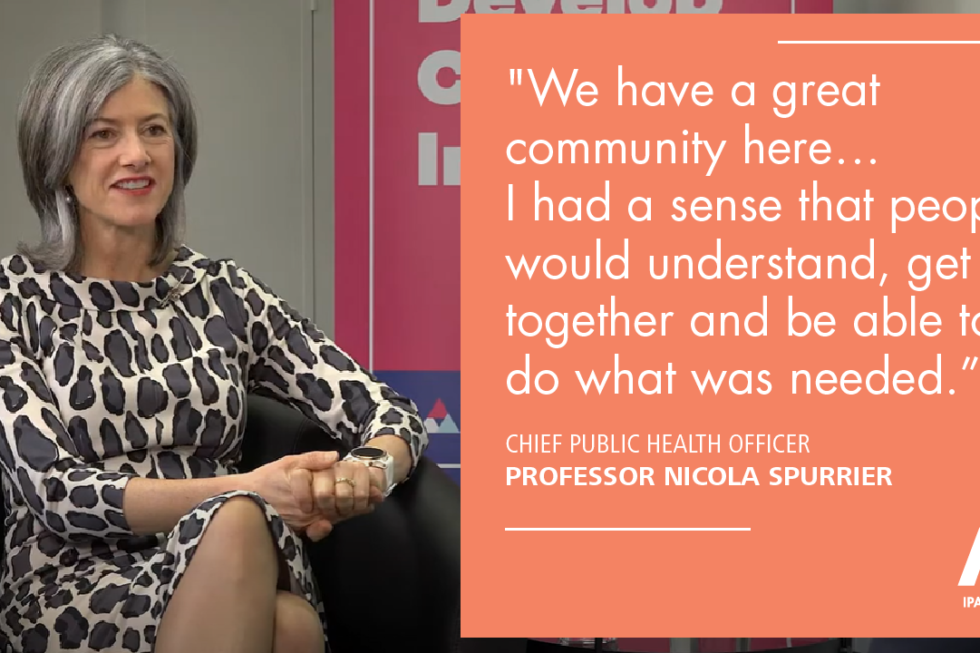
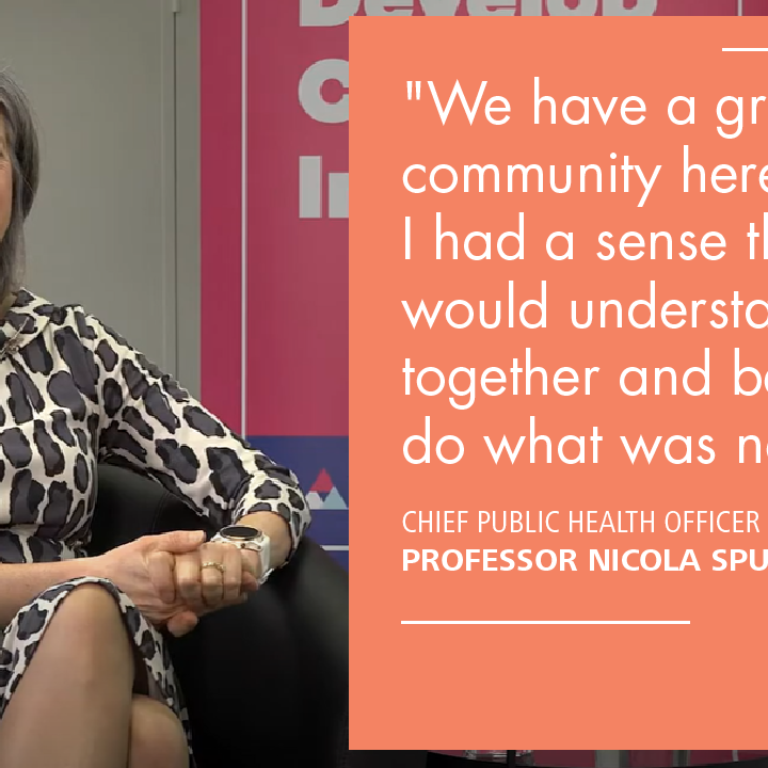
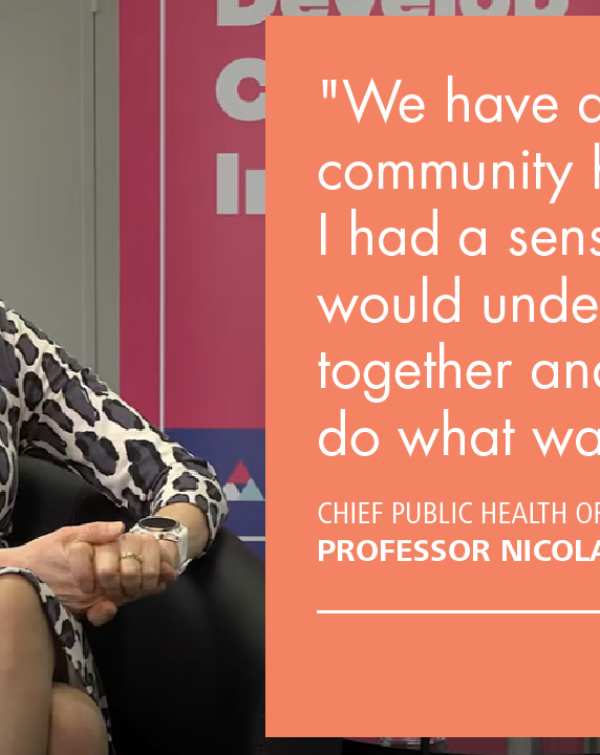
The latest issue of the Australian Journal of Public Administration contains a gem of a research paper by Catherine Althaus on the exciting contribution that Indigenous evidence and knowledges can make to public administration in the fields of engagement, sustainability, and policy innovation.
Catherine Althaus is the Professorial ANZSOG Chair of Public Service Leadership and Reform at the Public Service Research Group at UNSW Canberra and ANZSOG Deputy Dean. She is a non-Indigenous academic woman who has been privileged by the great generosity and hospitality of Indigenous peoples from across Australia, New Zealand, and Canada. She has also observed with frustration the many barriers to the contribution of Indigenous knowledges in the scientific and policy-making realms.
Her paper — Different paradigms of evidence and knowledge: Recognising, honouring, and celebrating Indigenous ways of knowing and being — proposes that public administration can benefit from these Indigenous ways of knowing and being.
Catherine starts by tracing some of the contemporary reasoning in favour of such acknowledgement and prioritisation. She then turns to practical examples to demonstrate how the field of public administration and the practice of policymaking will benefit (including a discussion on the potential barriers to uptake). And she closes with a call for dedicated and respectful work by the discipline and practitioner communities.